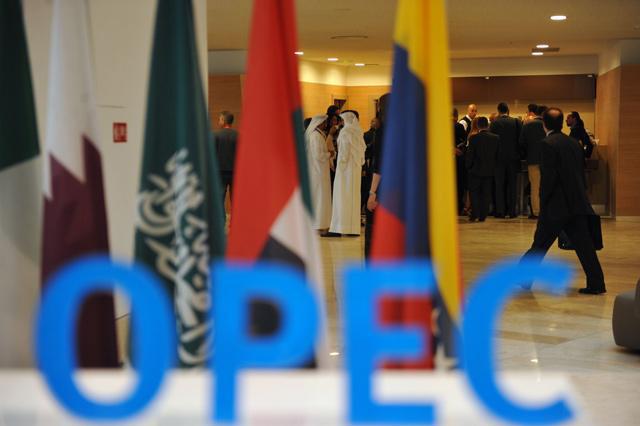- Local News
- Tue-2021-07-06 | 07:27 pm

Nayrouz News Agency :
European stock markets faltered on Monday after a mainly downbeat Asian session, but London rose on takeover news and rising oil prices before an output decision by the Organisation of the Petroleum Exporting Countries (OPEC).
In early afternoon eurozone deals, Frankfurt stocks dipped and Paris flatlined, as investors eyed poor Chinese data.
With US markets shut for the Independence Day holiday, no momentum was expected from the other side of the Atlantic.
London, however, advanced with sentiment boosted by news of a possible bidding war for British supermarket chain Morrisons.
The energy sector was also buoyed by rising oil prices, as top crude producers struggled to reach a deal on lifting output.
China doubts
"Risk-off sentiment is dominating the markets at the start of the week," noted analyst Sophie Griffiths at the OANDA brokerage.
"Weaker-than-expected China data is overshadowing signs of economic recovery in Europe," she added.
"The China Caixin services Purchasing Managers' Index [PMI] revealed the sector grew at its slowest pace in 14 months in June."
"The weak print comes following Thursday's manufacturing equivalent, which also revealed that growth was slowing," Griffiths said.
Back in London, Morrisons shares jumped 11 per cent after US private equity firm Apollo Global Management revealed it was mulling a counterbid for the food retailer.
Britain's fourth biggest supermarket on Saturday accepted a separate £6.3 billion
($8.7 billion, 7.3 billion-euro) takeover from a consortium of investment groups.
That came after Morrisons last month rejected a £5.5 billion offer from US private equity firm Clayton, Dubilier & Rice.
"We have now got confirmation of three parties interested in Morrisons — and fear of missing out could attract further interest," noted Russ Mould, investment director at stockbroker AJ Bell.
OPEC's output row
Oil markets edged up as the United Arab Emirates battled with OPEC and other producers over the rate and timing of their next output increase.
Saudi Arabia is engaged in a rare public spat with its Emirati allies, escalating tensions before another meeting of the OPEC+ alliance of oil producing countries.
The UAE has bitterly opposed a proposal by the alliance to raise production, causing a stalemate that could derail efforts to curb rising crude prices amid a fragile post-pandemic recovery.
"It's the whole group versus one country, which is sad to me but this is the reality," Saudi Energy Minister Prince Abdulaziz Bin Salman told Bloomberg television, suggesting the UAE were isolated within the 23-member OPEC+ bloc.
Officials have laboured for days over an agreement to pump more as demand picks up with the global recovery and supplies shrink, with fears that failure to find common ground could send prices soaring.









